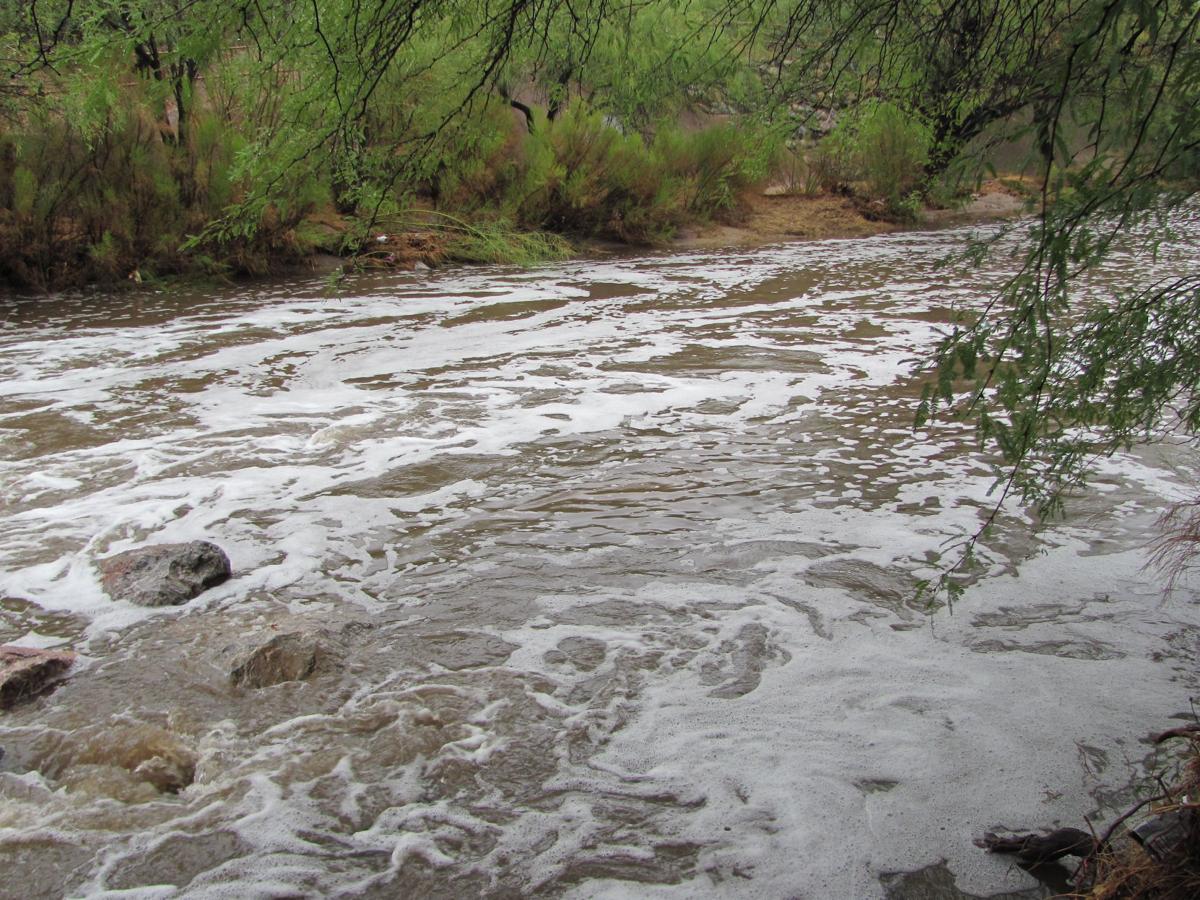The Trump administration’s proposals to scale back federal regulation of rivers and washes would have major impacts in the Tucson area, helping land developers as well as the proposed Rosemont Mine.
A key provision in the administration’s proposed regulatory rollback would be to exempt future development from Clean Water Act protections if the projects would lie along ephemeral washes. Such washes, which carry water only after rainfall, make up the overwhelming majority of water courses in Arizona and the arid West.
Today, real estate developers must get federal Clean Water Act permits from the Army Corps of Engineers to build subdivisions, shopping centers and other projects along ephemeral streams — if it’s shown that the streams have significant connections to navigable rivers such as the Santa Cruz and Colorado rivers.
Hudbay Minerals Inc. also needs a Clean Water Act permit to build the Rosemont Mine in the Santa Rita Mountains southeast of Tucson, because its waste rock and tailings would lie near washes such as Barrel Canyon.
Developers have long complained that obtaining these permits is very costly and time-consuming. The Rosemont project has now had a Clean Water Act permit application pending since 2011, with a final decision expected relatively soon.
Environmentalists, however, say that the protections afforded the streams through the Clean Water Act are crucial. Developers are often required to carry out substantial mitigation efforts such as buying open space elsewhere to compensate for the land they blade for their projects, and environmentalists say the mitigation is essential to protecting imperiled species and their habitats.





